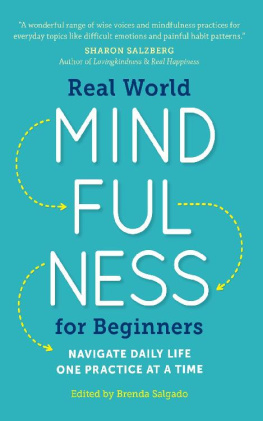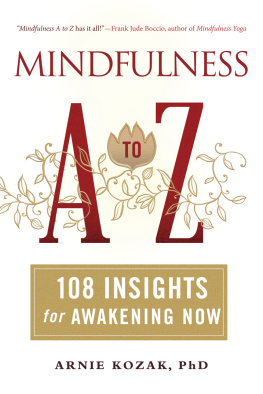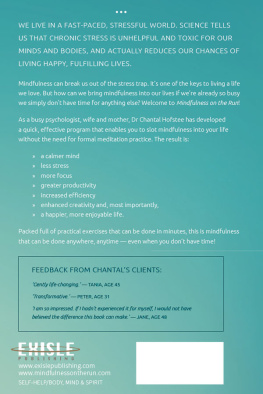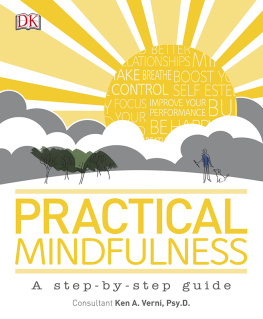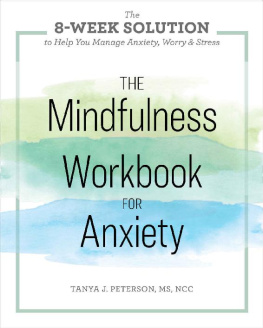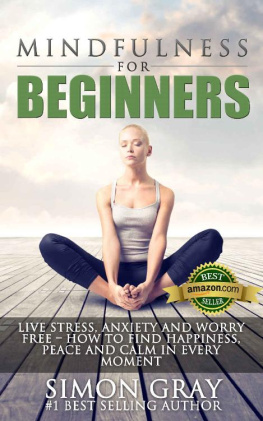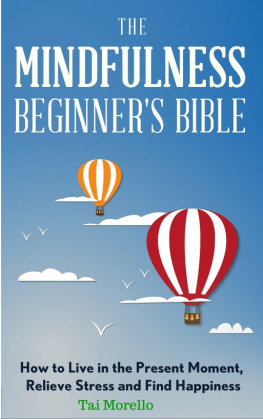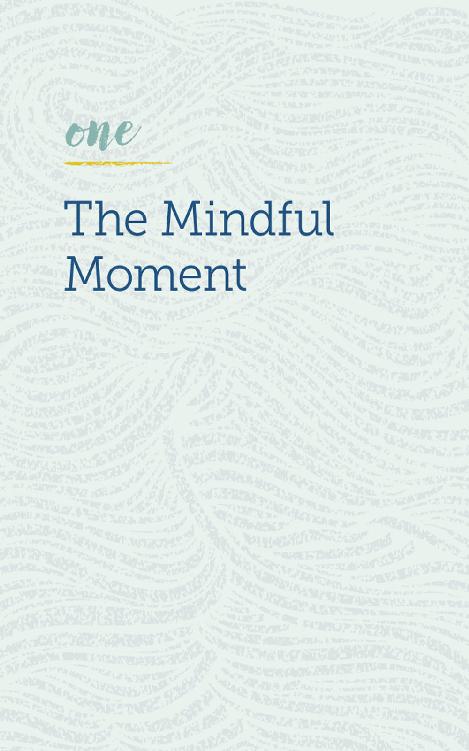Copyright 2016 by Sonoma Press, Berkeley, California
No part of this publication may be reproduced, stored in a retrieval system, or transmitted in any form or by any means, electronic, mechanical, photocopying, recording, scanning or otherwise, except as permitted under Section 107 or 108 of the 1976 United States Copyright Act, without the prior written permission of the publisher. Requests to the publisher for permission should be addressed to the Permissions Department, Sonoma Press, 918 Parker St., Suite A-12, Berkeley, CA 94710.
Limit of Liability/Disclaimer of Warranty: The publisher and the author make no representations or warranties with respect to the accuracy or completeness of the contents of this work and specifically disclaim all warranties, including without limitation warranties of fitness for a particular purpose. No warranty may be created or extended by sales or promotional materials. The advice and strategies contained herein may not be suitable for every situation. This work is sold with the understanding that the publisher is not engaged in rendering medical, legal or other professional advice or services. If professional assistance is required, the services of a competent professional person should be sought. Neither the publisher nor the author shall be liable for damages arising herefrom. The fact that an individual, organization or website is referred to in this work as a citation and/or potential source of further information does not mean that the author or the publisher endorses the information the individual, organization or website may provide or recommendations they/it may make. Further, readers should be aware that websites listed in this work may have changed or disappeared between when this work was written and when it is read.
For general information on our other products and services or to obtain technical support, please contact our Customer Care Department within the United States at (866) 744-2665, or outside the United States at (510) 253-0500.
Sonoma Press publishes its books in a variety of electronic and print formats. Some content that appears in print may not be available in electronic books, and vice versa.
TRADEMARKS: Sonoma Press and the Sonoma Press logo are trademarks or registered trademarks of Arcas Publishing, a Callisto Media Inc. company and/or its affiliates, in the United States and other countries, and may not be used without written permission. All other trademarks are the property of their respective owners. Sonoma Press is not associated with any product or vendor mentioned in this book.
ISBN: Print 978-1-943451-40-1 | eBook 978-1-943451-41-8
This book is dedicated to my grandmother Maria Paula Guevara Galan. Thank you for guiding me on this path of spiritual teaching and healing service in the world.
W arm greetings and welcome. Perhaps you purchased this book because you are looking to navigate your life with more joy, because you or your loved ones are facing difficult challenges, or because you want to feel more centered as conditions are changing in the world. Perhaps you are a leader seeking to be more mindful and productive in the way you show up at work, or someone purchased this book as a gift for you. Whatever way you came to find yourself reading these pages, I am honored to introduce you to a wise and diverse group of teachers who have demonstrated a commitment to sharing mindfulness practices with people from all walks of life.
As we hold fear and sorrow about violence, injustice, war, economic uncertainty, and planetary crisis, can meditation help us be more present with the challenges we face individually and collectively?
Mindfulness is a state of being in which we focus our attention on the present moment, encouraging a nonjudgmental and heightened awareness of our feelings, thoughts, and sensations. Mindfulness seems to be the latest trend, promising us less stress, greater productivity, and a happier life, and increasingly, scientific and medical researchers confirm the many benefits of mindfulness practices like meditation. While the roots of mindfulness can be found in many spiritual traditions, at its core, it holds promise for all humanity, especially in the times we find ourselves in.
In 2010, I was invited to the State of Contemplative Practice in America meeting at the Fetzer Institute in Kalamazoo, Michigan. This gathering had a huge impact on my life. Twenty-seven leaders from across the country were invited to discuss how mindfulness was changing our culture and the way we live, work, and play together. Some attendees supported contemplative practices in their Christian, Jewish, Buddhist, or Sufitradition, while others were leading secular-based mindfulness programs in education, end-of-life care, the legal system, leadership development, and social justice movements.
Throughout the meeting, different people led the group in meditation. Sitting in a large circle with a Buddhist teacher, a Franciscan monk, a Jewish rabbi, a Sufi scholar, and others, I settled into a deep understanding that mindfulness belongs to many traditions and cultures, and that these practices can serve to remind us of our connection to the earth and to our shared humanity.
Since that time, I have deepened my own practice and teaching as a spiritual leader, healer, and meditator. I currently serve on the boards of two organizations that bring mindfulness practices and writings to different communities. In the recent past, I served as the director of the East Bay Meditation Center, a national model committed to gift economy, diversity, and inclusive community building. In all of these places, I am constantly learning from others about the world we are hungry for and want to build togetherone where all of us belong and thrive, and where all beings are free.
Perhaps you or someone you love is facing a serious illness, a job loss, or struggling with addiction. Perhaps you hold fear and sorrow around violence, injustice, and economic and climate uncertainty in our society. Our hope is that mindfulness practices can help you be more present with the challenges you face right now and to listen more deeply, cultivate creativity and curiosity, weather changes with more dignity and grace, and create a better world for future generations.
We can start right here, right now, to bring mindfulness into our lives in small but life-changing ways. Whether it is Maia Duerrs caring with intention practice, Yingzhao Lius breathing meditation, or affirmations on belonging taught to me by an indigenous elder, I hope you will find accessible discussions and practical exercises to reduce stress and cultivate beauty and peace in your life. The exercises in these chapters are easy to implement and take just a few minutes during your busy day.
Brenda Salgado
is founder of the Nepantla Center for Healing and Renewal and serves on the Lions Roar Foundation board. She was previously director of the East Bay Meditation Center in Oakland, California.

